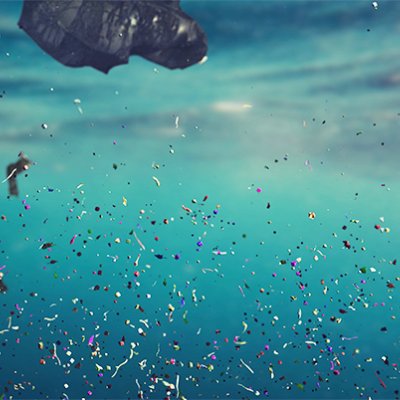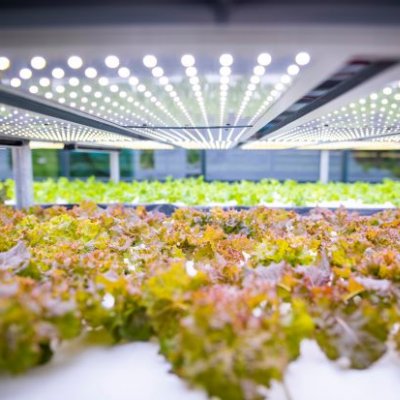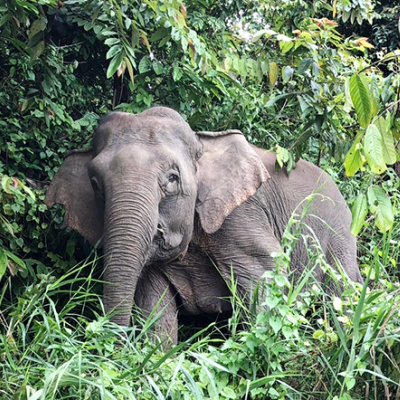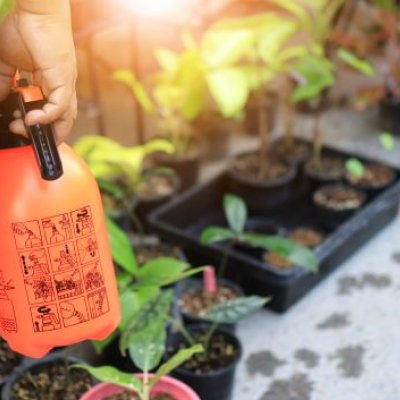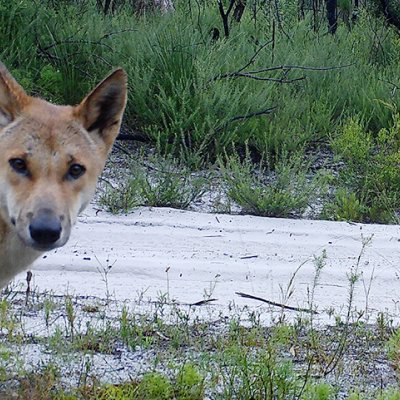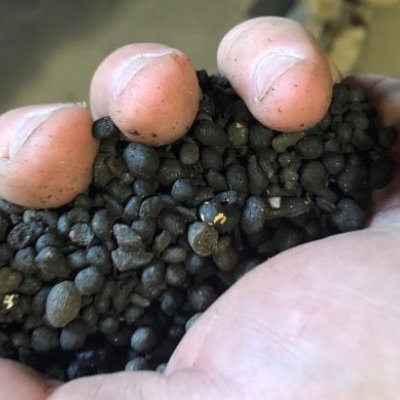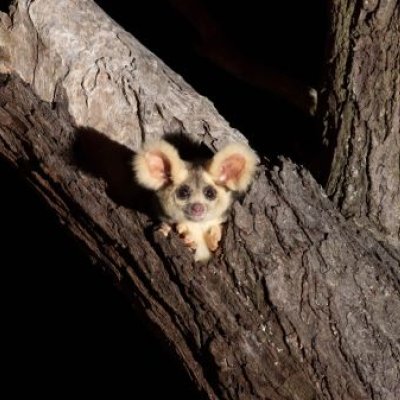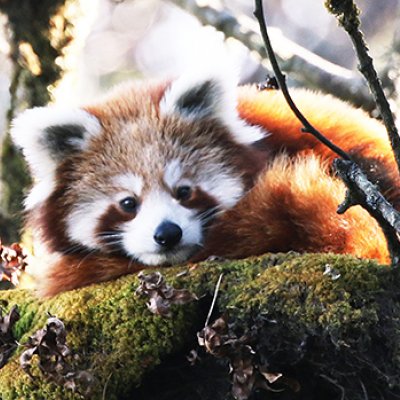Microplastics are not just tiny particles that can be ingested, they can also carry viruses, a University of Queensland study has revealed.
2 November 2022Feeding the world’s spiralling population amidst the ravages of climate change will be the focus of a major agriculture conference which gets underway in Brisbane today.
31 October 2022A University of Queensland study has shed new light on a mysterious, unpredictable and potentially devastating kind of astrophysical event.
26 October 2022Research co-led by UQ has found sharing real-time air quality readings in developing countries can reduce air pollution and lead to lower mortality rates.
25 October 2022Some of Asia’s largest animals, including tigers and elephants, are defying 12,000 years of extinction trends by thriving alongside humans, a University of Queensland-led study has revealed.
22 October 2022Joint research has found adult incontinence products are a far bigger waste problem than baby nappies, and with an ageing population, the situation will get worse in the next decade.
20 October 2022An Australian-first study by researchers from The University of Queensland has found 8 per cent of urine samples drawn from the general public contained a common weed killer.
30 September 2022Researchers say more investment in tree planting is needed after discovering inequality in shade-coverage across certain Brisbane suburbs.
23 September 2022Cameras that spy on wildlife could provide the secrets scientists need to save vulnerable species.
17 September 2022A new way of using compost could boost global crop production and deliver huge benefits to the planet, according to a study co-led by The University of Queensland.
6 September 2022Using deadly spider venom to treat heart attacks is one of many new discoveries currently being developed at a national research centre headquartered at The University of Queensland.
25 August 2022A new University of Queensland-led training centre is set to become a hub for world-leading research in ‘green’ plastic.
18 August 2022The newly launched ARC Centre of Excellence for Plant Success in Nature and Agriculture is cultivating the next crop of plant science experts.
17 August 2022Scientists have put a dollar figure on the cost of recovery and restoration of native flora and fauna after the 2019-2020 summer bushfires.
16 August 2022Scientists at the University of Queensland are buzzing about a new citizen science project investigating some of Australia’s native bee species in our own backyards.
28 June 2022A species of worm with an appetite for polystyrene could be the key to plastic recycling on a mass scale.
10 June 2022Volunteer-collected data on coral bleaching has been credited with supporting scientific findings about reef health across the globe.
9 June 2022University of Queensland scientists have cracked a problem that’s frustrated chemists and physicists for years, potentially leading to a new age of powerful, efficient, and environmentally friendly technologies.
9 June 2022The much-loved red panda is renowned for its tree-climbing ability and adorable nature, but new research shows the endangered mammal is being driven closer to extinction.
6 June 2022Studying ancient ocean floors could help discover minerals needed to produce electric cars and solar panels.
3 June 2022- ‹ previous
- 4 of 18
- next ›
